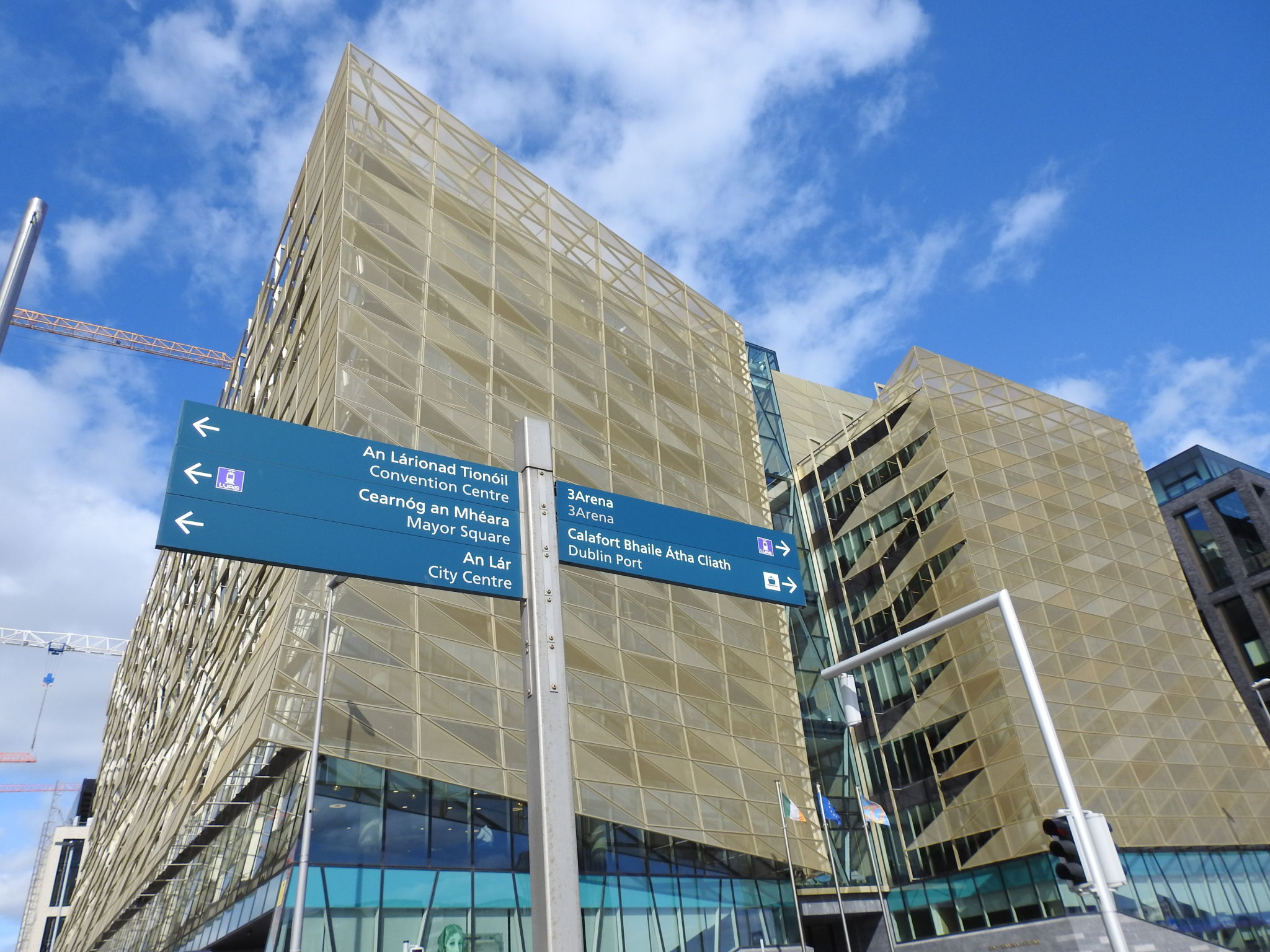Navigating Business Strategy Development: A Comprehensive Guide for Dublin Enterprises
Understanding the Essence of Business Strategy
In today's rapidly evolving business landscape, enterprises in Dublin are increasingly recognizing the importance of a robust business strategy. A well-articulated strategy serves as a roadmap, guiding companies through complex market dynamics and positioning them for long-term success. Developing such a strategy involves understanding the core vision and mission of the business, alongside a deep analysis of market conditions and competitor activities.
Business strategy is not merely about setting goals; it's about crafting a sustainable path to achieve those goals. It requires a comprehensive approach that takes into account both internal capabilities and external opportunities. For Dublin enterprises, this often means tailoring strategies to leverage local strengths while also tapping into global trends.

Key Components of Successful Strategy Development
Successful business strategy development involves several critical components. First, it begins with a clear understanding of the company's core competencies. Identifying what your business does best and how it stands out from competitors is crucial. This differentiation can be a powerful tool in gaining competitive advantage.
Next, conducting a thorough market analysis is vital. This involves assessing industry trends, customer preferences, and competitor strategies. By understanding these elements, Dublin enterprises can better anticipate changes and adapt accordingly. Additionally, considering potential risks and devising contingency plans can help mitigate unforeseen challenges.
Setting Measurable Goals
Once the foundational analysis is complete, setting measurable goals becomes the next step. These goals should be specific, achievable, and aligned with the company's overall vision. For businesses in Dublin, aligning these goals with regional opportunities, such as technological innovation or tourism growth, can provide added leverage.

Implementing and Monitoring the Strategy
Implementation is where many strategies falter. It's essential for Dublin enterprises to ensure that their strategic plans are actionable. This involves allocating resources effectively, defining clear roles and responsibilities, and establishing timelines for execution. Communication is key; every team member should understand the strategy and how their role contributes to its success.
Regular monitoring and review are equally important. Strategies should be flexible enough to adapt to changing circumstances. By continually measuring progress against set objectives, businesses can make informed adjustments to stay on course. This iterative process is crucial in maintaining alignment with the ever-evolving market environment.

The Role of Technology in Strategy Development
Incorporating technology into business strategy is no longer optional; it's a necessity. For Dublin enterprises, leveraging digital tools and platforms can enhance efficiency and provide a competitive edge. From data analytics to automation, technology facilitates better decision-making and streamlines operations.
Moreover, digital transformation opens up new avenues for growth. By embracing innovations such as e-commerce or digital marketing, businesses can reach wider audiences and explore new revenue streams. The key is to remain adaptable and open to technological advancements that align with strategic objectives.
Conclusion: Embracing a Forward-Thinking Approach
In summary, navigating business strategy development requires a holistic approach that balances local insights with global trends. For Dublin enterprises, this means embracing both traditional strengths and modern innovations. By focusing on core competencies, setting clear goals, and leveraging technology, businesses can craft strategies that not only withstand challenges but also thrive in the face of change.
As the business environment continues to evolve, so too must strategies. By committing to continuous improvement and staying ahead of industry changes, Dublin enterprises can secure their place as leaders in their respective fields.